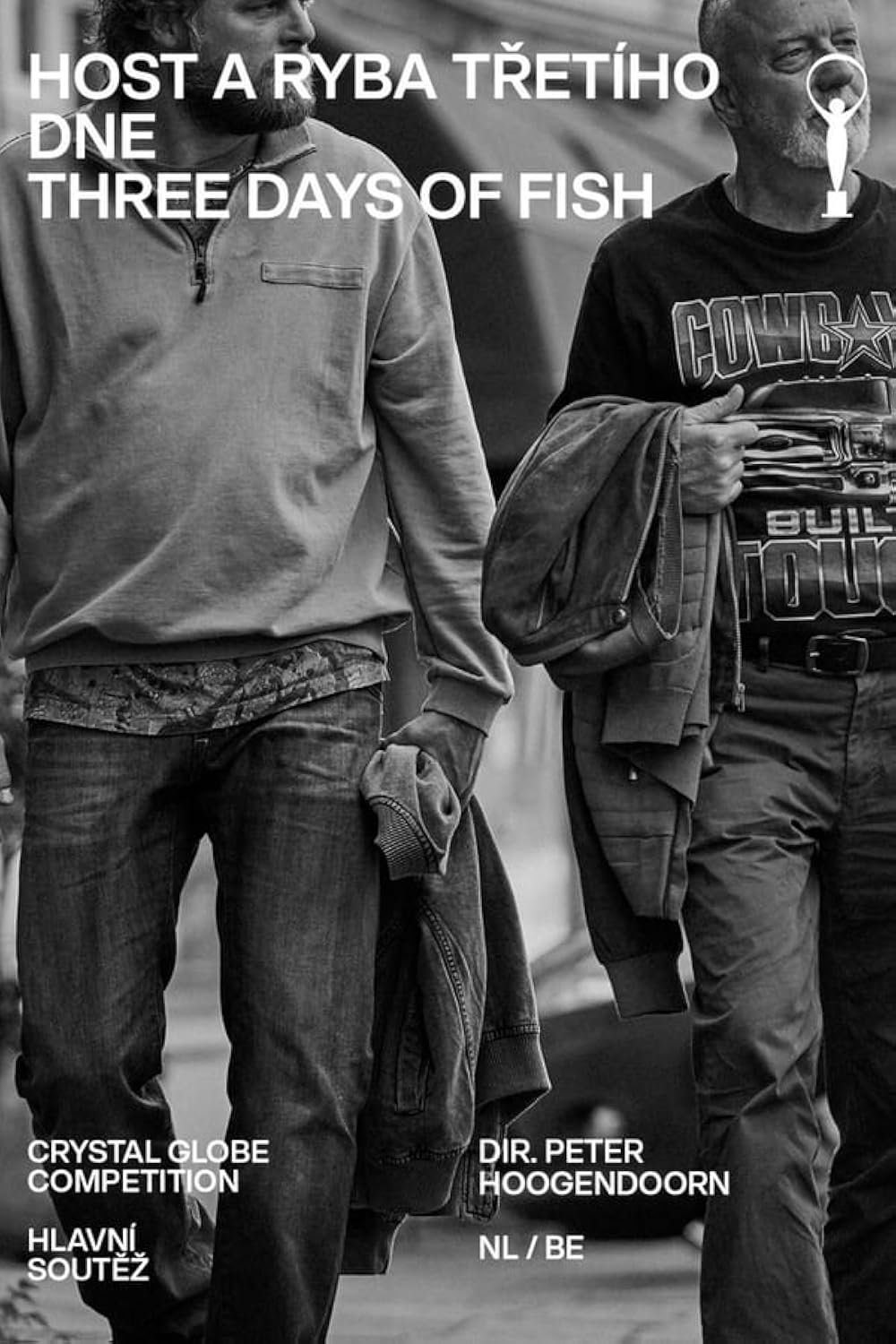I will love you from afar
Mirjana Gabrić
Family dramas, by their very nature, carry with them a gloomy and exhaustive energy, but director Peter Hoogendoorn goes in the opposite direction. He uses without hesitation what is the unavoidable burden of any conflict, especially a family one, and that is discomfort. Guided by the experience from his personal life, he presented his relationship with his father in a film that does not run away from it, but highlights it and puts it in the foreground through the confronted main characters.
The story follows Gerrie (Ton Kas), who leaves Portugal for a three-day annual visit to the Netherlands to undergo a routine medical examination. On a tour of the predestined stations of his former life, he is joined on the streets of Rotterdam by his eccentric son Dick (Guido Pollemans). This tradition threatens to end, since Gerrie came this time with the intention of transferring his medical records to Portugal and thus officially terminating his connection with his native country. A seemingly innocuous decision, it gains its weight when considering that these three-day visits are a bridge to maintaining their already disturbed relationship.
The topic of disagreement and mutual rejection of parents and children is largely addressed and present in public discourse, but rarely through the relationship between father and son. That is why the presentation of the disturbed relationship between the two protagonists through their physical and emotional distance opens up space for a different approach to this relevant social topic, as well as for its presentation.
Although "Three Days of Fish" is destined to be a family drama, rather than featuring debauchery, slamming doors, and screaming with hair-pulling, a completely different picture awaits us in Rotterdam. The annual meeting between father and son takes place in unpleasant silence, which begins with the act of shaking hands. In contrast to the deviations, the drama in this film is created by a conflict that lies in their opposing characters, which is clearly read through the comprehensive narrative minimalism of the script, photography and sound.
The meeting of a middle-aged, immature son and an estranged retired father is marked by discomfort, generational gap and distance. Starting from the first moment of seeing and greeting with a handshake, the editing rhythm is built on the tension of the unspoken, which overwhelms them whenever they are in each other's presence. However, what frees the film from the exhaustive energy of mutual misunderstanding is acting. Backed by gestures and facial expressions, it contributes a humorous tone to the constant effort to find the same language. Completely different, they are not much different from each other, because they are both plagued by the same problem. They do not know how to express what is in their heart, and the intention behind the visit reveals that this is the last train to take advantage of their three days and make it impossible for distance to really prevail over them.
Black and white photography, more specifically gray, relieves the narrative to label them as polar opposites. Neither father nor son is inherently bad or good, but both are imperfect in their weaknesses. Dick struggles with himself to get the attention he so longs for from his father, while Gerrie struggles with himself on how to set himself up as a parent in his later years, having shunned the role for so long. That everything is not so black and gloomy is confirmed by the jazz note that appears in the waves during the film and sets the selected drama with an ingenious script and a relaxed atmosphere.
As it usually happens in family relationships, in contrast to the constantly felt tension, this film is full of love, which pushes them further to reach the epilogue itself. Until the last scene at the railway station, where they finally face each other, without the obligation that distracts them, they prolong the last moment of togetherness. Confronted but distant, they stretch the minutes of saying goodbye and open up to each other at the last minute and greet each other with the statement: "I am where I am". They reached their limit and found a language of communication they both understood. In their world, this greeting is equal to a declaration of love and recognition that they will continue to love each other, at least from afar.

